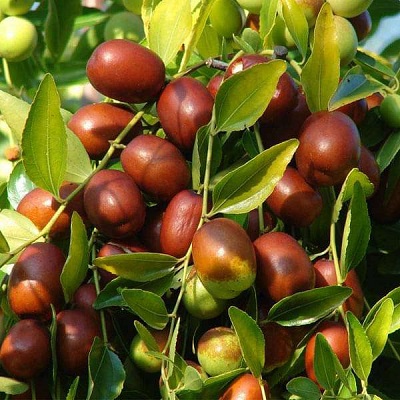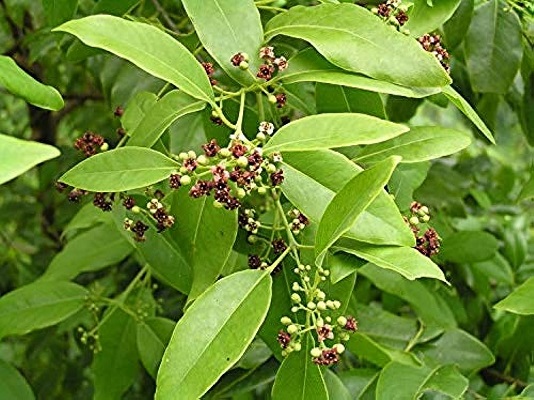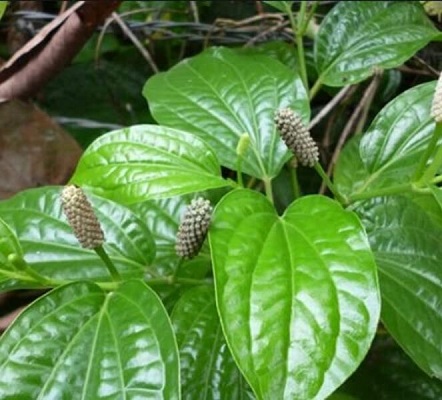On This Page
Badara (Ziziphus Jujuba) – Uses and Benefits
Introduction
Badara, commonly known as Jujube Fruit have many therapeutic properties. The fruits of the plant will impart strength to the body and hence the name badara came. It is also one of the most used fruits for the purpose of measurement. It is also known as Kola fruit. It is a cosmopolitan plant.
Dr. Gupta’s Institute of Applied Food Allergy, has been consistently working on the plant Badara for acquiring knowledge about more medicinal properties. Our experts found out that the plant can act as an antiallergic, anti-inflammatory, antimicrobial, Aphrodisiac, Anodyne, laxative, and antipyretic agent. Badara can also be used for conditions like Diarrhea, Vomiting, Cough, Inflammation, Diabetes, Piles, Obesity etc. The polysaccharides from jujuba fruits have the property of antioxidant activity. It contains arabinose, galacturonic acud and galactose and these aids in the hepatoprotective action of the plant. Daily intake of Badara fruits is helpful for the protection of liver diseases.
Action of Badara – Zizyphus jujuba in Allergies
IAFA has been conducting various studies on Bilva to found out the antiallergic and anti-inflammatory properties of the plant Badara. The plant contains phytoconstituents like carbohydrates, Protein, Anthocyanins, Rutin etc and these aids in the antiallergic action of the herb. The Decoction prepared from the bark of Badara is helpful to alleviate skin allergic conditions.
Vernacular Names
| Sanskrit Name | Badara, Kola, Karkandhu |
| Hindi Name | Baer |
| English Name | Jujube Fruit |
| Malayalam Name | Illantha |
| Kannada Name | Bore hannu |
| Marathi Name | Bori |
Botanical Name
Ziziphus jujuba
Family
Rhamnaceae
Morphology of Badara – Zizyphus jujuba
- Spiny deciduous shrub
- Leaves are alternately arranged
- Inflorescence is axillary cyme
- Fruits are drupe
- Bark present on stems
Ayurveda Reference of Badara – Zizyphus jujube
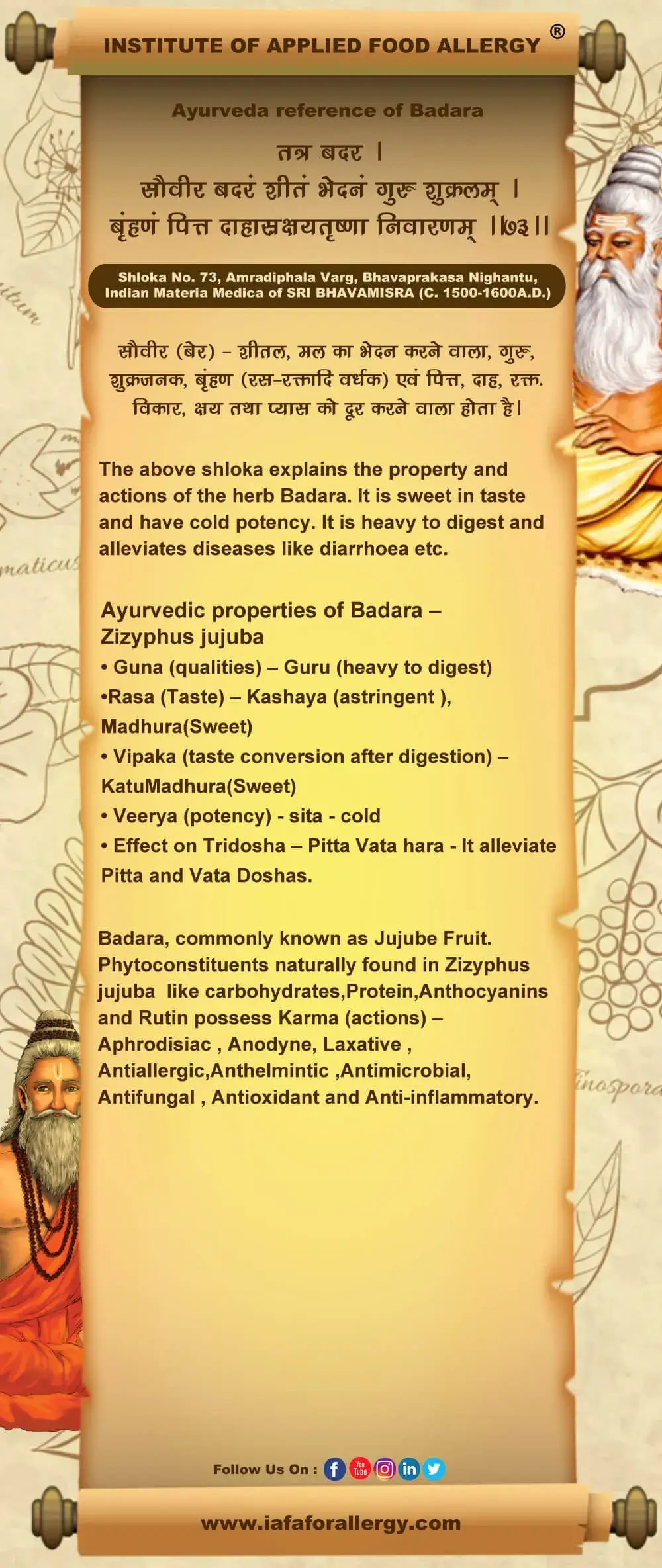
Geographical Distribution of Badara – Zizyphus jujuba
Badara found throughout India. It is cultivated in some regions
Phytoconstituents of Badara – Zizyphus jujuba
The plant contains: – Carbohydrates, Protein, Anthocyanins, Rutin, etc.
Parts Used of Badara – Zizyphus jujuba
- Fruit
- Bark
Dosage of Badara – Zizyphus jujuba
- Decoction (kwatha) – 60 ml
- Fruits (phala) – 5-10
Medicinal Properties of Badara – Zizyphus jujuba
- Kasa hara – relieves cough
- Trshna hara – alleviating thirst
- Sulahara – relieves pain
- Sophahara – relieves swelling
- Swasahara – relieves asthma
- Kushtaghna- alleviates kin disorders
- Krimighna – useful in worm infestations
- Vranahara – useful in wounds

Have A Health Issue?
Consult Online
- Dr. Sahil Gupta (B.A.M.S., M.H.A.)
Ayurvedic Allergy Specialist
CEO & Founder of IAFA®
Home Remedies of Badara – Zizyphus jujuba
Ayurveda is a devine medicinal system present from ancient times. The medicines used in Ayurvedic treatments are naturally available herbs which are toxic free and readily available. Badara is one among the common herbs used in Ayurveda treatment procedure. Due to its high medicinal value it is used in treating many diseases like:-
- In Diarrhoea (Atisara) – Paste prepared from root of Badara, Sesamum, honey and milk are taken internally.
- In Cough (Kasa) – Leaves of Badara should be fried in ghee, then added with rock salt. It is then taken internally.
- In Vomiting (Chardi) – Decoction of Badara and Ginger is taken internally at a dose of 60ml will immediately relieve vomiting.
- In Diabetes (Prameha) – Powder of Badararoot is taken along with Gooseberry and honey at a dose of 5g daily will check diabetic condition.
- As a carminative (Deepana) – Badaraunripen fruit istakenorally before food. It can act as a carminative.
- In diseases of children (Balaroga) – Unripen fruit of Badara, Cardamom and sugar are mixed together. It is then taken along with paddy and it can improve appetite.
- In Fever (Jwara) – Decoction made with leaves of Badara and Tulsi taken internally at a dose of 60 ml.
- In Inflammation (Sopha) – Paste prepared from Badarabark and ghee is applied over the skin part.
Dr. Gupta’s IAFA, for the past few year are consistently working on different plants to find out their medicinal properties. We select naturally available nontoxic herbs for treatment purposes that are mentioned in ancient Ayurvedic textbooks. Our treatments and medicines are 100% risk free and are prepared by following strict guidelines. We follow textbooks like Susrutha Samhitha for the purpose of treatment protocols.
Reach IAFA for safe herbal remedies for all your ailments!!!
Was this Page Helpful?
Read More Articles
-
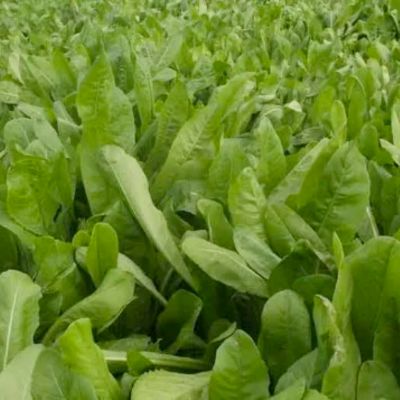
Kasini (Cichorium intybus)
Kasini (Cichorium intybus) commonly known as Chicory is a perennial herb, with large…
-
-

